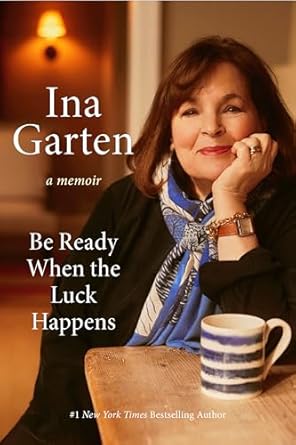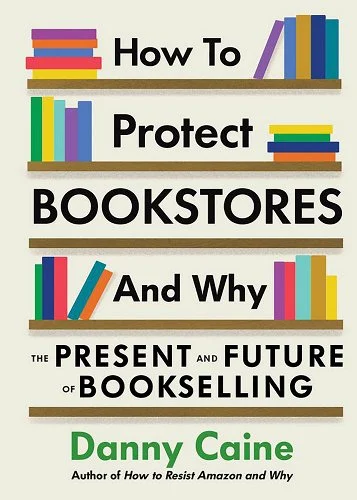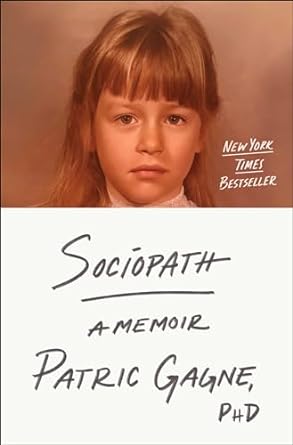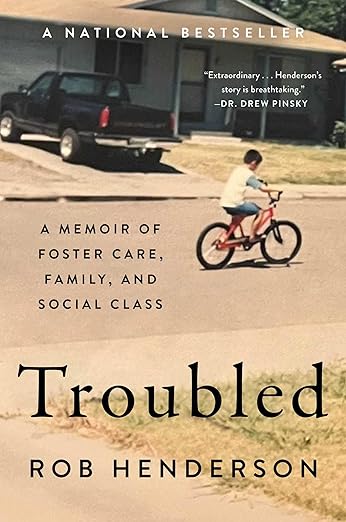I usually read fiction – hence this blog – but every now and again I sneak in some non-fiction on a topic I either need to learn more about or am particularly interested in. When a review copy of Emotionally Healthy Twins: A New Philosophy for Parenting Two Unique Individuals, by Joan Friedman, came my way, I jumped at the chance to read it. I really haven’t delved much into the parenting book genre. I read What to Expect… for the infant and toddler stages, but I just haven’t brought myself to expand beyond them. Since raising twins has its own set of challenges, though, I figured it was worth learning what the experts say.
(I know this isn’t the type of book I usually review on EDIWTB, but there are some parents of twins who read this blog, and I figured some of you might know people with twins who might be interested in the review.)
Friedman is a twin herself and raised a set of twin boys (kids #4 and #5). She’s also a therapist specializing in the treatment of twin-related issues. So she has some experience in this area.
Friedman’s theme is: treat twins uniquely. Spend one-on-one time with each one. Don’t assume that twins always want to be together and share everything. Don’t expect twins to parent each other – they each need you as a parent. Don’t compare them.
While I think some of her recommendations are a bit extreme, such as separate birthday parties for pre-schoolers, there is a lot of good advice in here. I know that one area I haven’t been good on as a mom is spending time alone with each of my daughters. This book has reinforced for me the importance of taking the time needed to do that. Friedman says:
When parents assume that their twins are happy simply being with each other and don’t need one-on-one time with mom or dad, the result can be a reneging on the parental role and subsequent feelings of abandonment in each child. The twins may then gradually shut their parents out and attempt to meet each other’s needs. Rather than the parent’s having the all-important individual connection with each child, the twinship becomes the core relationship. Creating a close threesome – parent and two children – likewise cannot substitute for the one-on-one relationship between one parent and one child. Parents must be more influential in the lives of each twin than the other twin.
This book will serve as a reminder to me not to let the convenience of doing things as a family unit override the importance of developing strong independent relationships with each girl and cultivating and supporting their separate activities and friendships.
I also found the chapter on parenting twin infants to be almost therapeutic. Friedman is quite sympathetic to the feelings many new twin moms have: inadequacy, being overwhelmed, and feeling blessed and resentful at the same time. I wish I had read it when my girls were infants – it would have been even more helpful back then.
Emotionally Healthy Twins covers infancy to young adulthood. I recommend it as a resource for any parent of twins, regardless of their age.













About Me
I have been blogging about books here at Everyday I Write the Book since 2006. I love to read, and I love to talk about books and what other people are reading.